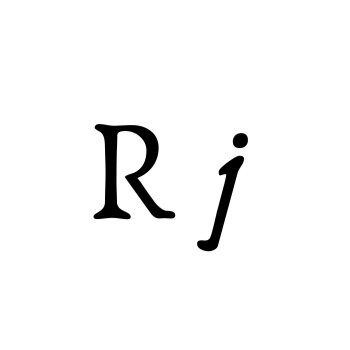Editor’s Note | Issue 7
Jean-Paul Sartre himself said that no finite point has meaning without an infinite reference point. Every experience we run with in this infinite relay of time that culminates in our own consciousness is not a property intrinsic or solely confined to each person; we build who we are through the people we meet, the places we travel to, and the words & worlds we explore. These experiences may not always live as positive memories in one’s consciousness; they may sometimes be sad, stressful, or cataclysmic to one’s life. In Issue 7’s “Camellias for Elena”, Marcelo Medone writes about a man facing a spouse with Alzheimer’s: “I got up with a broken heart and slowly walked away”.
To this end, Argentinian author Jorge Luis Borges exquisitely captures the spirit that many pieces in Issue 7 strive to convey:
“A writer - and, I believe, generally all persons - must think that whatever happens to him or her is a resource. All things have been given to us for a purpose, and an artist must feel this more intensely. All that happens to us, including our humiliations, our misfortunes, our embarrassments, all is given to us as raw material, as clay, so that we may shape our art.”
― Jorge Luis Borges, Twenty-Four Conversations with Borges: Interviews by Roberto Alifano 1981-1983
That which seems to become broken beyond repair has a penultimate duty before it is lost by the collective conscience: fulfilling its aesthetic potential. Then when do words become art, as they never seem to fully lose their utility?
Our words, our emotions, and our ideas are not physical objects; they are a part of our continuous mosaic of consciousness, waiting to be appreciated. In this issue’s "Retracing our Steps” by Eli D Ehrenpreis, we are told, in the context of neurodegeneration, “[r]ecalling this day, as it occurred, is another form of memory. A sparkling recollection: a tree with branches that continue to fruit”.
Then words, whether our own or by others, and the silences that delimit them, are our clay. Unlike physical objects, the porosity of sentences– the continuity of silence between words– tell us more than just punctuating the discrete entities that bookend these silences.
They tell us the time between significant life events, the breaths taken in the midst of a fading heartbeat, the flickering away of one’s consciousness in the process of neurodegeneration– we both inherit and pass this porous clay down to those we deem worthy of it, and we manifest our greatest instincts through this clay. In “Nightswimming” of Issue 7, Jane McNulty shares, “I cling to my pillow like I cling to the word “better,” waiting for my epiphanic energy to pass”, as she reflects on the inevitability of change. And in Elizabeth Templeman’s discussion on depression in Issue 7, she writes, “When I drop into those inevitable patches of fog and that ‘tender-hearted sadness’ pulls me down, I try to … [take] a breath and [share] the state I’m in with those I trust”. When one is faced with the eventual breaking down of what they perceive to be their complete consciousness, or the breakdown of that which is familiar, we must remember not to despair, as we still have our words.
When speaking about the valence and value of words, I am sometimes asked about the use of the word “strength” in the mission of the journal. Do the ideas of “strength” and “illness” not seem to be diametrically opposed?
I argue that strength and illness are, in the context of this journal, the same thing. With Issue 7 being our longest yet, we see this idea being corroborated even further. To face illness is to endure– every piece in Issue 7 is a venerable display of strength through words.
Welcome to Issue 7.
Sincerely,
Taruni Tangirala
Founder & Editor-in-Chief
